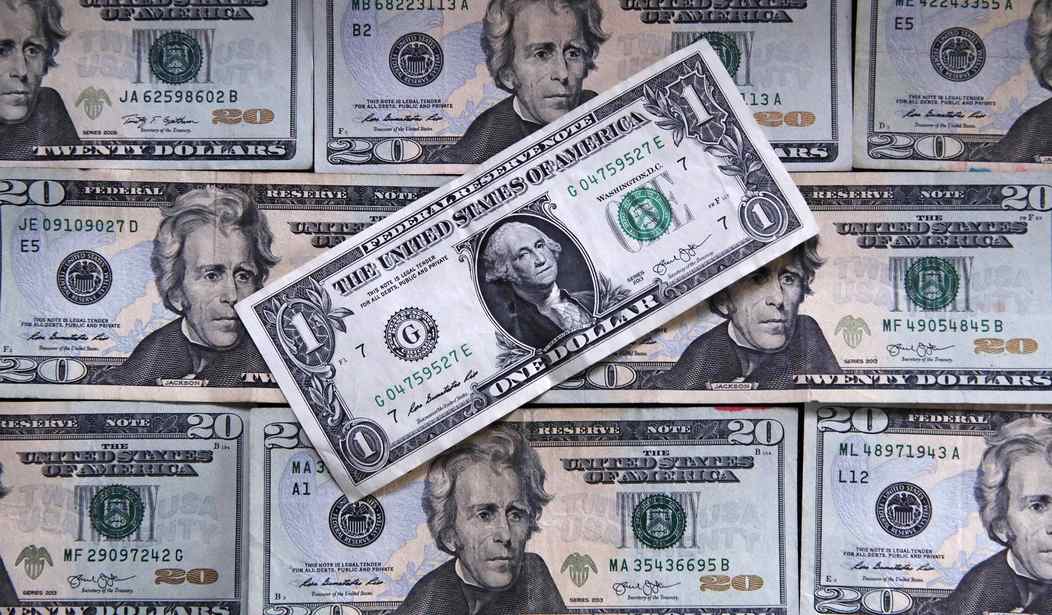We've long known that the various COVID relief cash giveaway programs rolled out during the pandemic were ripe for abuse and fraudulent claims accounted for literally billions of dollars vanishing from the federal coffers. That was particularly true of the Paycheck Protection Program and the Economic Injury Disaster Loans that were handed out. Most of the fraudsters at least attempted to fly below the radar, but one person from Maryland was far more bold in his schemes. An economic adviser from Baltimore named Ahmed Sary helped prepare fraudulent relief applications for dozens of people totaling nearly $18 million in exchange for cash kickbacks from the recipients. Fortunately, he was discovered during an audit of the program. This week he was sentenced to seven years in prison. (Baltimore Sun)
A Baltimore man who prepared applications for nearly $18 million in fraudulent pandemic relief loans in exchange for kickbacks received seven years in prison Tuesday at his sentencing in federal court.
The scheme led by Ahmed Sary, 46, is the largest pandemic fraud seen in the District of Maryland, a prosecutor said, involving 85 fraudulent Paycheck Protection Program loan applications and 57 fraudulent Economic Injury Disaster Loan applications.
Both emergency programs were intended to relieve economic damage and save jobs amid the coronavirus pandemic. All of Sary’s fraudulent loans were funded, according to the U.S. Attorney’s Office, resulting in losses of $17.9 million.
Sary is a naturalized citizen who emigrated here from Egypt. He still travels back to his original home on a regular basis, or at least he did until his upcoming stay at the Crowbar Hotel. In addition to the seven year stretch, the judge sentenced Sary to one year of home detention and two years of supervised release. The court ordered him to pay back all of the fraudulently obtained money, but authorities believe he already spent most of it back in Egypt, so those funds will likely never be recovered.
The kickbacks that Sary took from his "clients" were not inconsequential. He was charging as much as 30% of the total grants received for his part in the scheme. Most of the grants were quite large indeed. For some clients, he vastly inflated the number of employees the company had, along with claiming their business expenses were far greater than they actually were. In other cases, the companies he prepared grant applications for "effectively did not exist."
As with many fraudsters, Sary eventually seemed to have become too greedy. He didn't limit his activities to companies run by others. He had several companies he supposedly operated in his own name and he applied for relief funds for all of them. He collected more than $950,000 directly. At least one of his companies, purportedly a meat-packing operation, also "effectively did not exist" according to authorities.
The total amount of pandemic relief funds that were fraudulently claimed is now over $200 billion. That is nearly one-fifth of the entire relief package that Congress approved. The funding was rushed through on an emergency basis with few to no oversight provisions included to minimize these fraudulent schemes. And when you make it that easy to steal vast amounts of money from the government (actually from the taxpayers), people will show up to grab their unfair share. In the case of the Paycheck Protection Program, they showed up in droves.








Join the conversation as a VIP Member